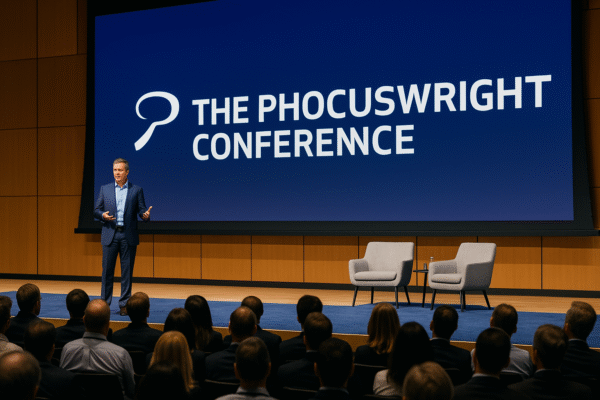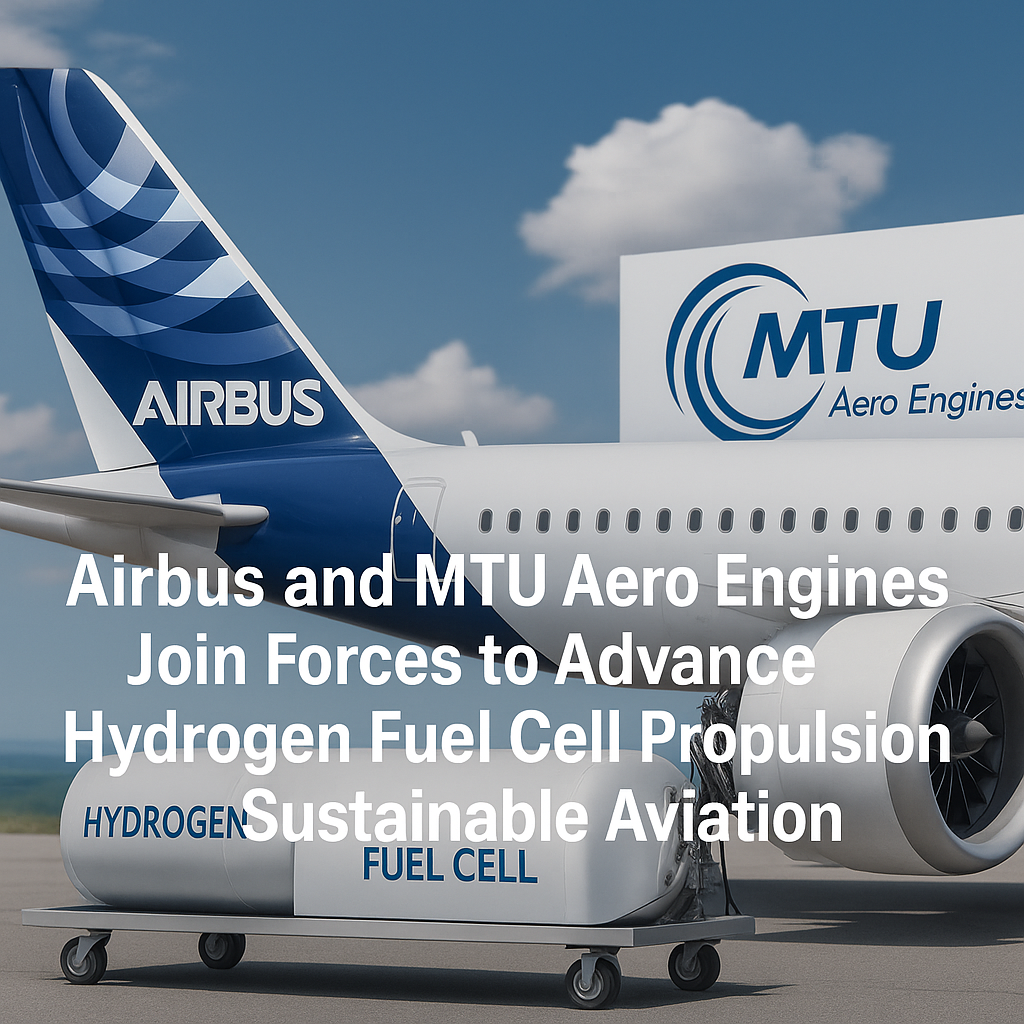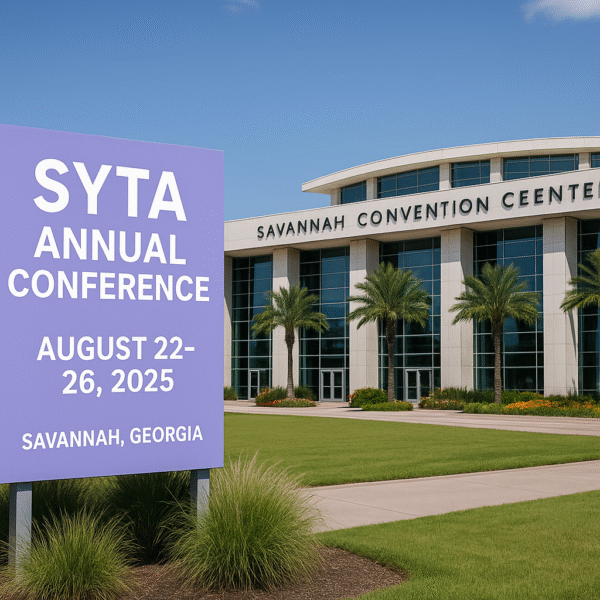In a major leap forward for sustainable aviation, Airbus and MTU Aero Engines have officially joined forces to pioneer the development of hydrogen fuel cell propulsion systems. Announced during the 55th Paris Air Show, the new strategic partnership marks a significant milestone in the global effort to reduce aviation’s carbon footprint.
The partnership was cemented through a Memorandum of Understanding (MoU) signed by Bruno Fichefeux, Head of Future Programmes at Airbus, and Dr. Stefan Weber, Senior Vice President of Engineering and Technology at MTU Aero Engines. This collaboration brings together Airbus’ leadership in aircraft innovation and MTU’s engine manufacturing expertise to accelerate zero-emission flight through hydrogen propulsion technology.
Combining Strengths for a Sustainable Goal Airbus has been at the forefront of green aviation initiatives through its ZEROe program, which aims to launch the world’s first zero-emission commercial aircraft by 2035. MTU Aero Engines, based in Munich, has simultaneously made significant strides with its Flying Fuel Cell concept. The partnership blends Airbus’ prowess in aircraft integration with MTU’s hydrogen propulsion knowledge, forming a powerhouse dedicated to decarbonizing air travel.
“Our focus on fully electric fuel cell propulsion technology for future hydrogen-powered aircraft underscores our confidence and progress in this domain,” said Bruno Fichefeux. “Collaborating with MTU is a natural step forward in realizing this vision.”
Three-Phase Plan for Hydrogen Engine Development The MoU outlines a systematic, three-phase strategy to bring hydrogen fuel cell engines to commercial aviation:
- Technology Advancement Phase: The initial phase focuses on maturing core hydrogen fuel cell components, including advanced fuel cells, hydrogen tanks, and thermal management systems. This stage involves participation in joint European programs like Clean Aviation, where both Airbus and MTU are active contributors.
- Research Alignment Phase: Once foundational technologies are developed, the second phase will align the research roadmaps of both companies. This ensures synchronized efforts toward integration and certification. It also supports efficient use of resources, allowing breakthroughs to be shared across platforms.
- Prototype Development Phase: The final phase culminates in the creation of a fully functional hydrogen fuel cell engine ready for deployment on future commercial aircraft. Emphasis will be placed on safety, scalability, and energy efficiency to ensure performance standards are met without emissions.
Hydrogen: The Future of Green Flight Hydrogen fuel cells generate electricity through electrochemical reactions and emit only water vapor, offering a clean alternative to fossil fuel-based engines. By integrating this technology into future aircraft, Airbus and MTU aim to virtually eliminate carbon emissions from aviation operations.
“As a globally recognized engine expert, we are driven by the vision of a revolutionary propulsion concept that allows virtually emissions-free flight,” said Dr. Stefan Weber of MTU Aero Engines. “Our partnership with Airbus opens up new avenues to achieve scalable platform integration of hydrogen propulsion.”
Strategic Importance of the Paris Air Show Held at the historic Paris-Le Bourget Airport, the 2025 Paris Air Show provided an ideal backdrop for this landmark agreement. The air show, considered one of the world’s premier aerospace exhibitions, continues to spotlight innovative projects and groundbreaking aviation technologies. Hosting the MoU signing here underscores the global significance of Airbus and MTU’s joint effort.
Implications for the Global Aviation Industry The aviation sector contributes nearly 2-3% of global CO2 emissions annually. With growing environmental regulations and public scrutiny, the need for sustainable solutions is urgent. The Airbus-MTU partnership signals a broader industry shift toward carbon neutrality, aligning with European Union climate targets and the UN’s Sustainable Development Goals.
Moreover, this collaboration may influence aviation policy and inspire similar ventures globally, fostering a new ecosystem of hydrogen-powered aerospace technologies.
Conclusion: A Vision of Emission-Free Skies The Airbus-MTU collaboration is a defining moment for the future of flight. As the aviation industry charts a course toward zero-emission travel, hydrogen fuel cell propulsion stands out as a transformative force. Through this innovative alliance, Airbus and MTU are not just reacting to climate challenges—they are actively shaping a cleaner, greener aviation horizon.
The first hydrogen-powered commercial aircraft may still be a few years away, but with strategic partnerships like this, the path is becoming clearer—and the skies, more sustainable.
For more travel news like this, keep reading Global Travel Wire

















